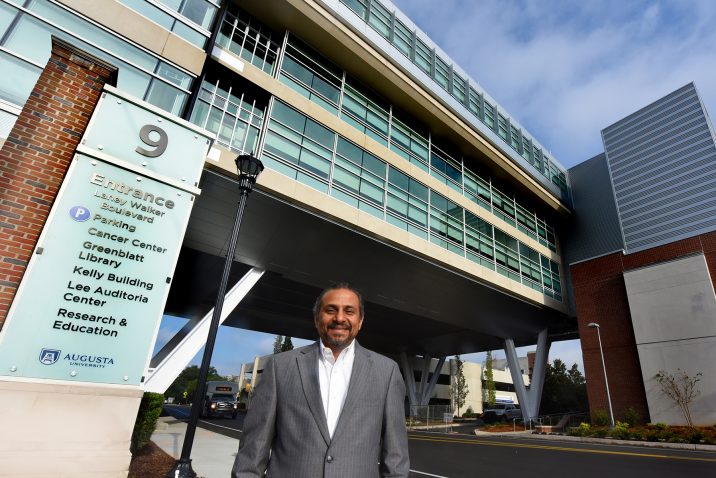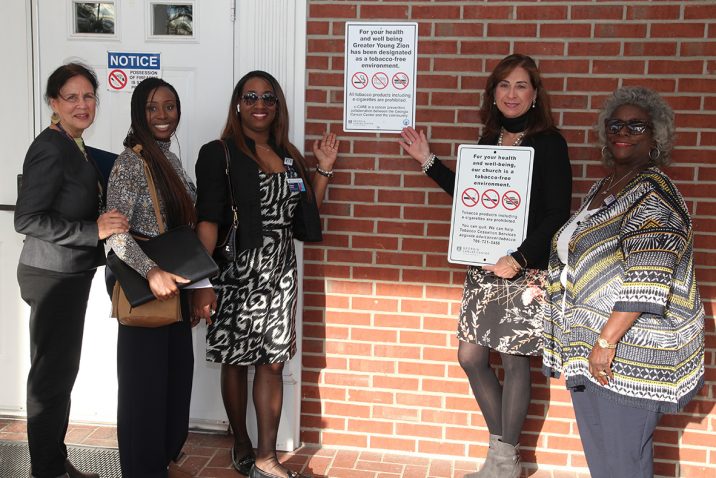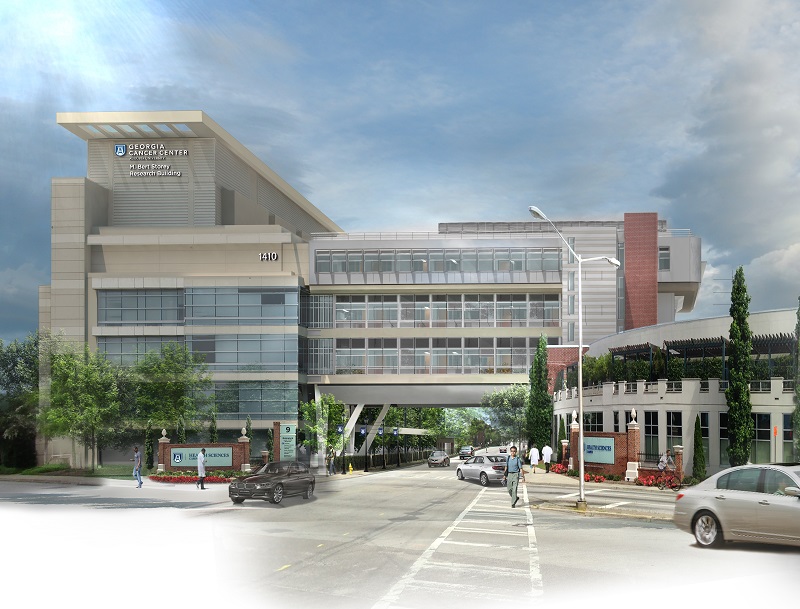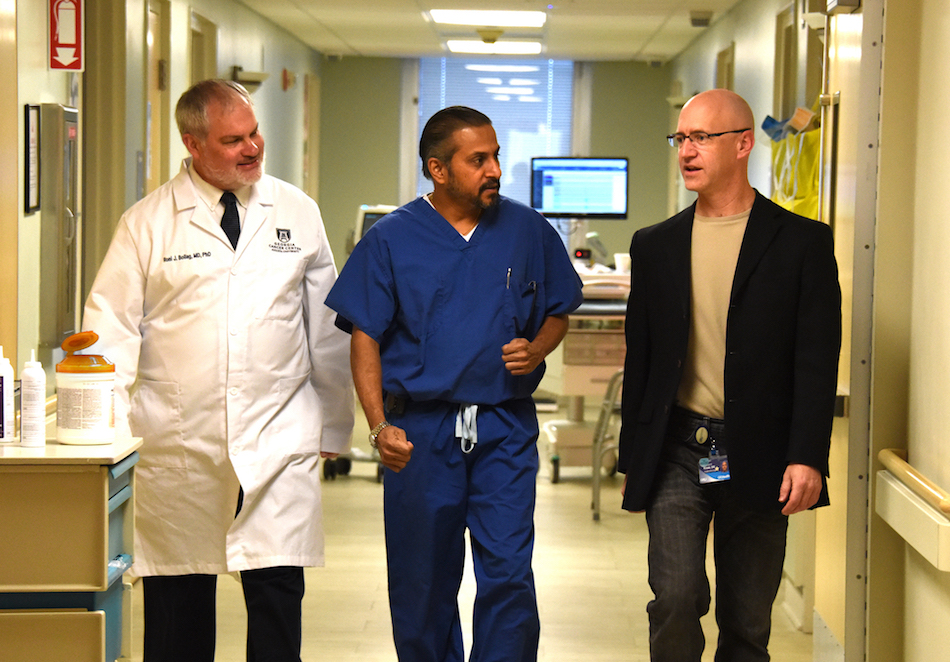Georgia's Only Minority-Focused Research Program
Nationally, only about 5 percent of patients enrolled in clinical trials are minorities. Georgia CaRES (Georgia Cancer Research) is helping to change that paradigm. Georgia CaRES is a National Cancer Center-funded initiative—one of only 12 nationally—that aims
to provide minority and underserved cancer patients with more access to the latest
cancer clinical trials and treatments, right in their own communities.
While discoveries start in a basic science lab, clinical trials are where the laboratory
findings are translated to see how they can improve the treatment of cancer in patients.
Clinical trials offer patients not only the standard of care chemotherapy but also
the possibility of receiving treatment that could be more beneficial in the future.
According to the NCI, the overall goal of NCORP is to bring cancer clinical research
studies to individuals in their own communities, thereby generating a broadly applicable
evidence base that contributes to improved patient outcomes and a reduction in cancer
disparities. Cancer care delivery studies look at the success and cost-efficiency
of current cancer care practices.
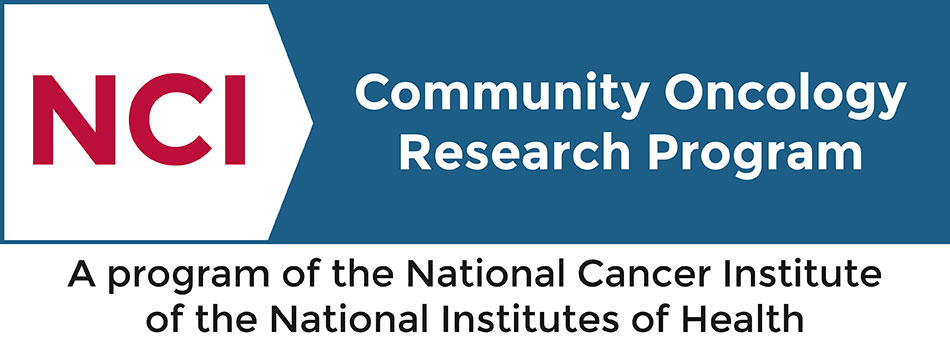
The Georgia CaRES partnership network includes: Augusta Oncology Associates, DeKalb Medical Center in Decatur, Georgia Cancer Center in Augusta, Phoebe Putney Memorial Hospital in Albany, Morehouse School of Medicine in Atlanta and University Cancer & Blood Center, LLC in Athens.
The network also offers national pediatric cancer clinical trials right here in the
state along with trials to help improve how cancer care is delivered.
The Power of Networking
Since 1994, the Georgia Cancer Center has led a partnership network focusing on bringing
the latest cancer therapies to minorities and underserved patients. Most recently,
the National Cancer Institute has provided the Georgia Cancer Center with a five-year
grant to lead Georgia CaRES (Georgia Cancer Research), as part of its Community Oncology
Program (NCORP). The program is one of just 12 selected nationally and the state’s
only minority/underserved cancer research program. The program brings clinical trials—previously
available only at large academic medical centers—to community settings, which is where
most cancer patients receive treatment.
According to the NCI, the five-year grants go to institutions and organizations that
will ensure the latest scientific discoveries are translated into the most effective
strategies to prevent, diagnose and treat cancer. As a Minority/Underserved Community
Site of the NCI Community Oncology Research Program (NCORP) network, Georgia CaRES:
- Designs and conducts cancer prevention, supportive care and symptom management, screening,
and surveillance clinical trials
- Designs and supports health-related quality of life studies for patients on treatment
trials
- Designs and conducts Cancer Care Delivery Research (CCDR) studies
- Participates in treatment and imaging clinical trials conducted by the NCI National
Clinical Trials Network (NCTN)
- Integrates health disparities research questions into NCORP studies
- NCORP Minority/Underserved Community Sites have a patient population that includes
at least 30 percent minority or rural residents
The Power of Clinical Trials
What types of clinical trials are available?
Georgia CaRES helps make available clinical trials for every type of cancer in both
children and adults. Along with pharmacological trials offering the latest drug therapies,
one-quarter of the Georgia CaRES trials focus on health care delivery. These trials
examine how to improve cancer prevention, screening and symptom management, among
other goals.
What are the benefits to Georgians?
Thanks to clinical trials, patients have access to treatments that may be better than
the current standard of care. In most parts of the United States, these types of treatments
may only be offered at large cancer centers, but Georgia CaRES ensures these innovative
care options are available right here in our state at community health centers, which
are where the majority of cancer patients seek care.
It’s also important to realize that typically, minority patients make up only 5 percent
of those enrolled in clinical trials. Thanks to Georgia CaRES, the minority accrual
rate of its partnership network — which covers two-thirds of the state — is 45 percent.
This means that more patients who need these treatments are able to benefit. As a
result, Georgia CaRES is overcoming historic barriers that have stood in the way of
minority and underserved cancer patients by opening up new opportunities to participate
in clinical trials and other important cancer research.
Georgia CaRES News
Working to improve access to care for cancer patients in rural communities
The Georgia Cancer Center at Augusta University is one of 12 sites in the country to receive a National Cancer Institute grant to improve access to clinical trials for minorities and those living in rural communities. Dr. Sharad Ghamande and one of his patients sat down with Shaquille Lord, a reporter for Fox 54, to […]
Working to improve access to care for cancer patients in rural communities
>>> More News


